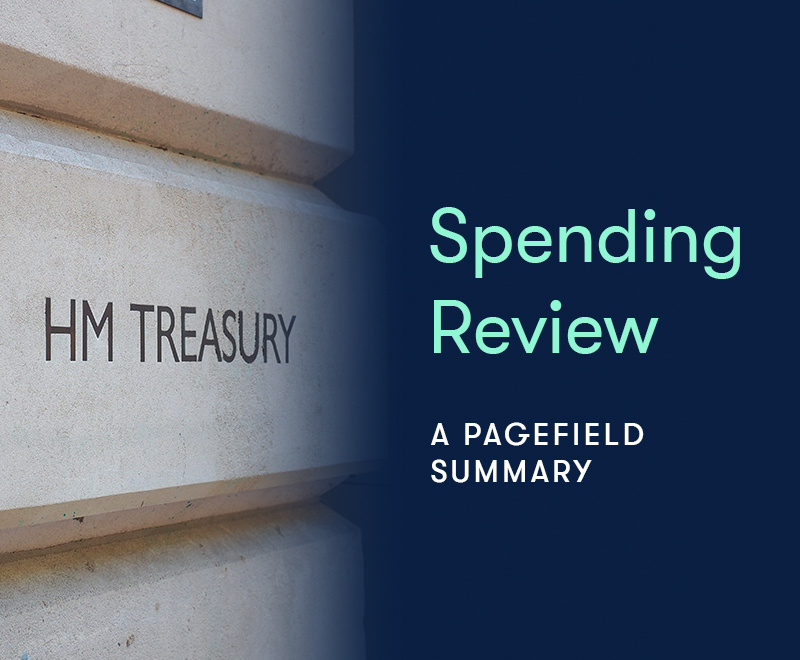Tim Peake, Pagefield’s newest client, discussed the unique insights from his career as Britain’s most decorated astronaut, the future of the space industry, extra-terrestrial life and a host of other compelling subjects in a hugely insightful ‘lunch and learn’ session with our full team at our Soho home. Here’s five things we learnt from Tim’s talk:
Communication is key
Tim explained how outstanding teamwork is central to success in space. That means having frank conversations with colleagues. His training taught him that politely yet openly speaking your mind is far better than letting frustrations build up. He described an exercise where he lived underground for a whole week, a challenge designed to create conflict within his team. The training taught them the importance of effective communication to ease tensions and ensure success. Clear briefing and debriefing sessions and an open atmosphere which enables everyone to discuss issues or concerns are just as vital in the corporate world as they are in space.
The UK is at ‘the cutting edge’ of space science
Tim believes that the UK’s talent and ability in the space sector remain ‘a hidden secret’. The UK is the second-biggest producer of small satellites behind the United States. As a result, the country has rich expertise in miniaturisation, solar panel efficiency, green energy production and AI. He argues that the UK should ‘focus on what we are good at’ and lead the way on the scientific exploration of space and the underlying technologies needed to do so.
Commercial space exploration is here to stay
When discussing commercial space flights, Tim was quick to differentiate between orbital flights, which he sees as vital for scientific research, and suborbital space tourism. He believes that ‘we cannot be doing the deep space exploration’ without commercial orbital flight companies. He understands why ‘watching lots of wealthy individuals enjoy a couple of minutes of weightlessness’ would make some people feel uncomfortable and supports proper regulation of activities in our skies and beyond. Tim noted that space gives us more than 50% of our climate data, yet the number of satellites is not globally managed. And while low earth orbit satellites can burn up in the atmosphere if they collide, geostationary satellites will stay in orbit forever if no one cleans them up.
Six years of training couldn’t prepare him for the view from space
After a rigorous year-long selection process focused on interpersonal skills, and six years of training which included learning Russian fluently and studying medicine, Tim was still not fully prepared for looking back at Earth from space. Describing the dynamism of the Earth, he saw it as ‘alive’ at night with all its lights, thunderstorms, and auroras, while in the day it was ‘serene and peaceful’. Describing what it felt like to spacewalk, he said ‘there is this real juxtaposition between having this adrenaline moment of realising that you’re in a very hostile, unforgiving environment and also just floating there.’ He described it as ‘the most serene, the most beautiful experience ever. In one respect, the most relaxing experience you could possibly imagine as well.’ These experiences taught Tim how to maintain perspective when dealing with difficult situations.
Aliens are definitely (probably) real
During the six months he spent on the International Space Station, Tim didn’t see any signs of ‘extra-terrestrial life’. However, he strongly believes in the high likelihood that life is out there, somewhere. Arguing that if we have identified 50 billion stars that likely have planets with a habitable zone in this galaxy alone and that there are 200 trillion galaxies in the observable universe, the chance of Earth being the only planet supporting life is extremely slim.
Yet this doesn’t mean we will ever be able to communicate with them. ‘We will always be thwarted by the scale of the universe,’ he said. He questioned whether humans will ever be able to travel faster than the speed of light or communicate with another galaxy. As such, we may never know what is really out there.



